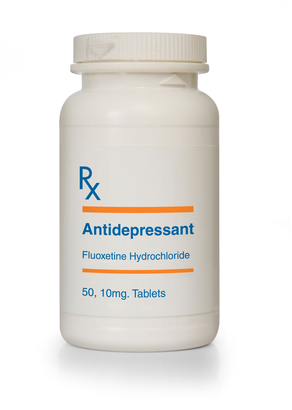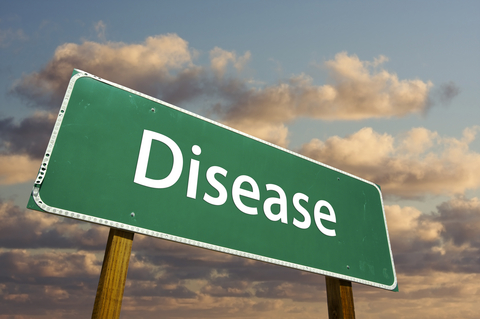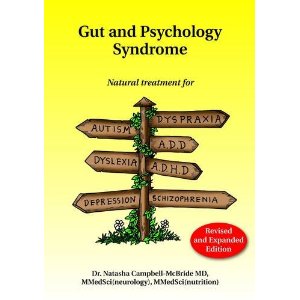 A few years ago, when I was going through an extremely stressful time with my older son’s worsening Sensory Processing Disorder, I became very irritable and cranky. I also developed middle-of-the night insomnia, where I would lie wake for 2-3 hours at a time in the middle of the night.
A few years ago, when I was going through an extremely stressful time with my older son’s worsening Sensory Processing Disorder, I became very irritable and cranky. I also developed middle-of-the night insomnia, where I would lie wake for 2-3 hours at a time in the middle of the night.
I went to my gynecologist, who was my primary care doctor at the time, and he put me on Zoloft, an antidepressant. It definitely helped with the irritability but it, and the Ambien he gave me, did nothing for my insomnia.
I wasn’t crazy about taking pharmaceuticals. Antidepressants come with many possible annoying and/or dangerous side effects, about which Harvard Medical School published an article: “What Are the Real Risks of Antidepressants?” Possible antidepressant side effects are:
- Insomnia
- Skin rashes
- Headaches
- Joint and muscle pain
- Stomach upset
- Nausea
- Diarrhea
- Reduced blood-clotting capacity
- Stomach bleeding, especially if taking NSAIDs (aspirin, ibuprofen, naproxen)
- Uterine bleeding, especially if taking NSAIDs (aspirin, ibuprofen, naproxen)
- Tics
- Muscle spasms
- Repetitive muscle movements
- Parkinsonism (rigid and trembling limbs, a shuffling gait, loss of fine motor control)
- Compulsive restlessness
- Anxiety (ironic given that antidepressants are often given to people with anxiety)
- Low libido or performance
- Discontinuation symptoms
- Self-destructive thoughts
- Suicide
My search continued because I was also experiencing a whole host of other health issues: shingles, uterine fibroids, ovarian cysts, irregular cycles, bronchitis and constant, lingering colds and sinus infections.
Given my own issues and those of my son, I researched the gut-brain connection, especially to find out what effects digestive issues, which my sons had had since birth, had on Sensory Processing Disorder. The gut is called “the second brain”; most neurotransmitters used in the brain are made in the gut.
This concept was popularized by Dr. Michael Gershon in “The Second Brain: A Groundbreaking New Understanding of Nervous Disorders of the Stomach and Intestine“.
Digestive issues can also create nutritional deficiencies, many of which can contribute to the initial conditions that an antidepressant was prescribed for in the first place.
Given that neurotransmitters are made in the gut, it stood to reason that working on digestive issues would help all of us, and it did. I began to sleep through the night without taking medication, my sons’ sensory issues improved (as did their acid reflux), and I was no longer a cranky mommy.
 Methylation is a subject that keeps coming up again and again for my sons and myself. It’s one of those all-encompassing issues like toxicity or gut dysbiosis because so many diseases and conditions are linked, directly or indirectly, to it or rather, a lack of it.
Methylation is a subject that keeps coming up again and again for my sons and myself. It’s one of those all-encompassing issues like toxicity or gut dysbiosis because so many diseases and conditions are linked, directly or indirectly, to it or rather, a lack of it. Watch how ZiZi is recovering from autism with the GAPS diet.
Watch how ZiZi is recovering from autism with the GAPS diet.

